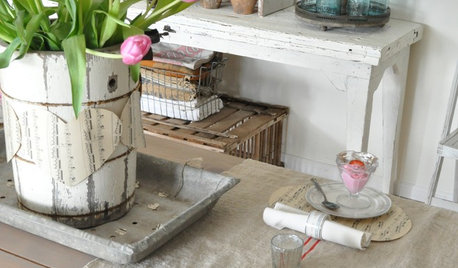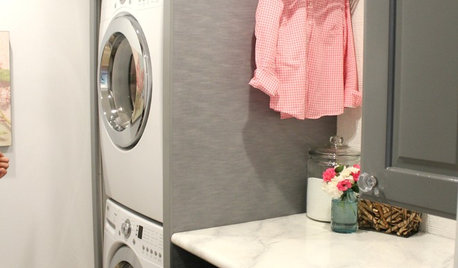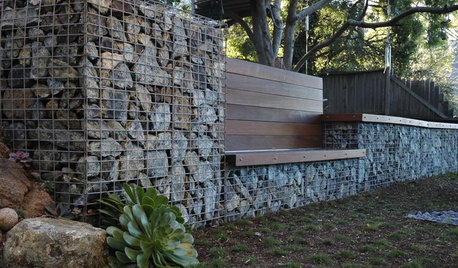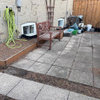sheet rock
K
18 years ago
Featured Answer
Sort by:Oldest
Comments (14)
squeeze
18 years agoKimmsr
18 years agoRelated Professionals
Simpsonville Landscape Architects & Landscape Designers · Mountain Brook Landscape Architects & Landscape Designers · Bloomington Landscape Contractors · Concord Landscape Contractors · Huntley Landscape Contractors · Quincy Landscape Contractors · View Park-Windsor Hills Landscape Contractors · Westford Landscape Contractors · Fountain Hills Outdoor Lighting & Audio Visual Systems · Ankeny Decks, Patios & Outdoor Enclosures · Foothill Farms Decks, Patios & Outdoor Enclosures · Littleton Decks, Patios & Outdoor Enclosures · South Lyon Decks, Patios & Outdoor Enclosures · Tomball Decks, Patios & Outdoor Enclosures · Glendale Decks, Patios & Outdoor Enclosuresbyron
18 years agoKimmsr
18 years agoapcohrs
18 years agopnbrown
18 years agoK
18 years agopnbrown
18 years agoK
18 years agopnbrown
18 years agoK
18 years agoKimmsr
18 years agodontcrossjayne
8 years ago
Related Stories

Harmonize Your Home With Sheet Music
Bring an artful element to any style room with creatively repurposed pages of sheet music in your decor
Full Story
HOUZZ TOURSMy Houzz: A Rock 'n' Roll Dad's Pad Gets a Tune-up
Small additions and renovations bring casual style to a spacious midcentury ranch home
Full Story
LAUNDRY ROOMSHouzz TV: Mother of 6 Rocks Her Laundry Space
You may have read the story — now see in action the clever DIY solutions that make this laundry room an organizational heaven
Full Story
KITCHEN CABINETSNew This Week: 3 Modern Kitchens That Rock Warm Wood Cabinets
Looking for an alternative to bright white? Walnut cabinetry offers the perfect tone to warm things up
Full Story
SHOP HOUZZHouzz Products: Schoolhouse Design Rocks!
Score high in style with designs that are too cool for school
Full Story
BUDGET DECORATINGPop Culture Watch: Get a Good Rap With Thrift Store Scores
Eight rooms that rock secondhand finds, in an ideabook inspired by rappers taking YouTube by storm
Full Story
GARDENING AND LANDSCAPING7 Out-of-the-Box Retaining Wall Ideas
Go Beyond Railroad Ties With Stylish Rock, Metal, Blocks, and Poured Concrete
Full Story
BATHROOM DESIGNGo Au Naturel in the Bath With Beautiful Stone
Add rocks and pebbles to your bathroom design for organic texture and practicality too
Full Story
HOUZZ TOURSHouzz Tour: Nature Suggests a Toronto Home’s Palette
Birch forests and rocks inspire the colors and materials of a Canadian designer’s townhouse space
Full Story
MORE ROOMSWhat Would You Do With an Extra Room?
Be a rock star, a crafting star, a movie mogul. But whatever you'd choose for your spare room, don't let reality stop you
Full StorySponsored
Central Ohio's Trusted Home Remodeler Specializing in Kitchens & Baths
More Discussions







pnbrown